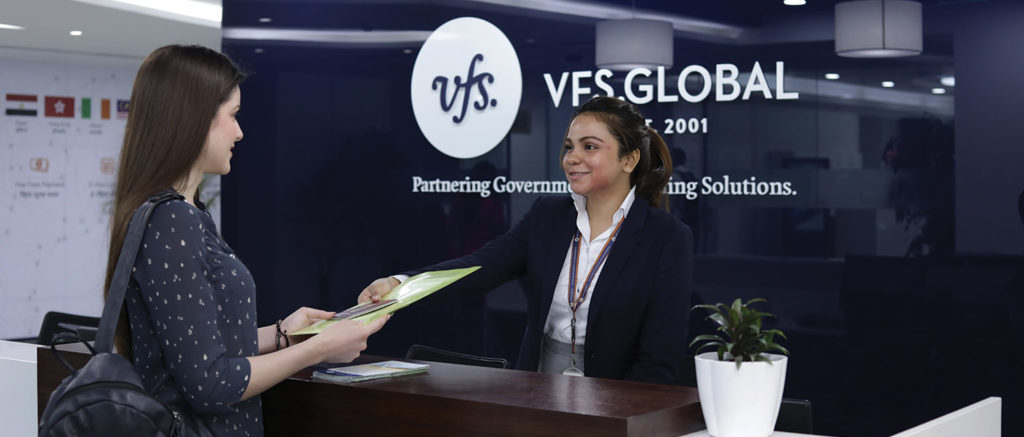As digital technologies transform most industries and our daily lives, the process of digitalisation hasn’t just become a necessity, but a somewhat, urgent reality across business lines. Disruptive forces are almost overnight changing the market dynamics, creating new winners and inevitably leaving incumbents behind, especially who fail to adapt fast enough.

In the travel space and particularly in the area of visa application, while brick and mortar setups and face-to-face interactions still hold a lot of comfort value for customers, the digital/online channel also needs to continue to develop as a support to the traditional models.
To remain competitive, organisations are exploring technologies such as artificial intelligence and machine learning to enhance the customer experience. When deployed effectively, these technologies can ably support customer service teams by mimicking human interactions with minimal error, high security and problem-solving capabilities.
In fact, in some cases, new technologies have turned traditional business strategy completely on its head. Typically, solutions were conceptualised at a demographic level, i.e. customised for a group of people in a similar age/interest level. But now, new technologies allow organisations to recognise the unique preference of each individual, thus providing customised solutions for each one of us.

This transformation is steadily extending to government-to-citizen services as well, including the traditional visa processing space, which is defined by its very nature, as having multiple layers of checks and validation. For the visa processing industry, the potential of tech-enabled business models in supporting visa application operations and enhancing customer experience is enormous.
For instance, websites and mobile apps powered by Artificial Intelligence could potentially assist you at every step of filling up a visa application form, or provide highly customised stay or flight options based on your past preferences, or even help you navigate through foreign cities.
“We have embraced the power of technology”
At VFS Global, we have embraced the power of technology to offer a convenient, efficient and secure visa application process and are continuously striving to keep improving it.
For instance, we recently introduced the first-ever visa services chatbot, ViVA, powered by Artificial Intelligence. ViVA provides round-the-clock assistance and highly nuanced responses to applicants, throughout their visa application process, significantly reducing turnaround times and providing invaluable support to customer service teams.
Similarly, we have made significant investments towards providing a seamless online customer journey to our visa applicants. One of our recent investments was towards launching the Thailand eVisa On Arrival, that allows applicants to get fast and easy immigration clearance at Thai airports, through a completely online process. Another recent launch is our completely new user-friendly global website, for applicants across more than 800 visa routes in 20 languages.

Travel products, in general, are interlinked across categories such as visa, flights, hotels, travel insurance, etc. Hence, it is mutually beneficial for service providers in each category, to work closely with all stakeholders in their ecosystem assuring consistency and clarity across digital products for customers.
As customers continue to seek out new technologies aimed at enhancing their convenience and overall experience, companies looking to stay ahead, must continue to identify, prototype and launch such innovations across all sectors, including the visa processing and cross-border travel.



 share
share







































